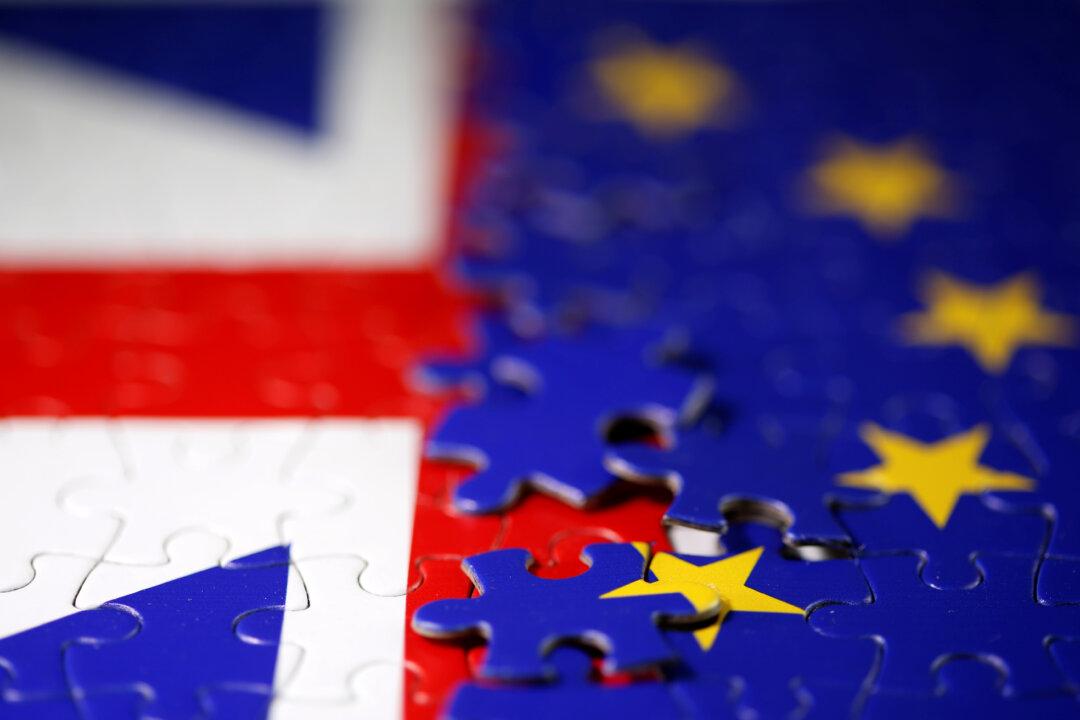GENEVA—Britain and other countries drawing up legislation to regulate online content—including racist abuse—must avoid overly broad definitions and over-reliance on algorithms that might curb free speech, United Nations officials warned on Wednesday.
Some 40 new laws on social media have been adopted worldwide in the last two years, including Vietnam’s 2019 cybersecurity law, in which the experts said had been used to delete posts and arrest those voicing critical opinions.





